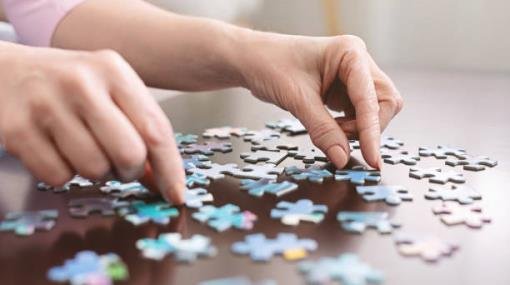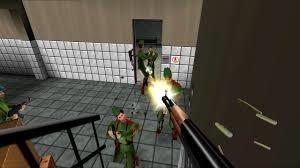Guide to Jigsaw Puzzle Games: Benefits, Variations, and How to Get Started

Jigsaw puzzle games have been a popular pastime for centuries, captivating people with their simplicity yet offering a profound mental challenge. Whether you’re an avid puzzler or just getting started, these games provide a unique blend of relaxation and cognitive stimulation. From improving memory to enhancing problem-solving skills, the benefits of jigsaw puzzles extend far beyond just having fun. Every piece you place brings you closer to completing a beautiful image and exercises your brain in numerous ways.
The History of Jigsaw Puzzle Games
Jigsaw puzzles have a long and exciting history. They were first created in the 1760s by a London-based cartographer named John Spilsbury. Originally intended as educational tools to help children learn geography, these puzzles quickly gained popularity across all age groups. Over the years, they evolved from simple maps to intricate designs featuring landscapes, animals, and famous paintings.
Cognitive Benefits of Jigsaw Puzzle Games
One of the biggest reasons people enjoy jigsaw puzzle games is the cognitive benefits they offer. Puzzling activates various areas of the brain, improving memory, concentration, and problem-solving skills. When you work on a puzzle, your brain organizes shapes and colors, enhancing your ability to recognize patterns and think critically.
Different Types of Jigsaw Puzzle Games
Jigsaw puzzle games come in various forms to suit different preferences and skill levels. Traditional physical puzzles, typically made of cardboard, are available in a wide range of piece counts, from as few as ten pieces for beginners to 40,000 or more for experts. These puzzles can feature everything from landscapes and animals to abstract designs and historical scenes.
How Jigsaw Puzzle Games Promote Mindfulness
In our fast-paced, technology-driven world, finding ways to unwind and relax is more important than ever. Jigsaw puzzles provide an excellent opportunity to practice mindfulness by requiring your full attention. As you focus on matching pieces, your mind slows down, allowing you to take a break from the stressors of daily life.
Tips for Choosing the Right Jigsaw Puzzle Game
With so many options available, choosing the right jigsaw puzzle can feel overwhelming, especially for beginners. The key is to find a puzzle that matches your interests and skill level. For those new to puzzling, it’s best to start with a puzzle with fewer pieces (around 300–500) and a clear, distinct image.
Strategies for Solving Jigsaw Puzzle Games Efficiently
While solving a jigsaw puzzle is meant to be an enjoyable activity, having a strategy in place can make the process smoother. One popular approach is to start by sorting the pieces and separating the edge pieces from the interior ones. Completing the border first provides a framework that makes filling the middle sections easier.
The Appeal of Digital Jigsaw Puzzle Games
Digital jigsaw puzzle games have brought this beloved pastime into the 21st century, offering convenience and variety. With online puzzles, you never have to worry about losing pieces, and you can save your progress anytime. Many apps and websites offer puzzles, allowing you to try new images and challenges without buying physical boxes.
Jigsaw Puzzle Games as a Family Activity
Jigsaw puzzles offer a great way to bring family and friends together for a shared activity. Whether working on a 100-piece puzzle with young children or tackling a 1,000-piece masterpiece with adults, puzzles provide collaboration and conversation.
Using Jigsaw Puzzle Game’s for Stress Relief
In today’s busy world, finding time to relax and unwind is essential for maintaining mental health. Jigsaw puzzles offer a simple yet effective way to relieve stress and calm the mind. The repetitive sorting and matching of pieces helps lower cortisol levels, the hormone responsible for stress.
How to Incorporate Jigsaw Puzzle Game’s into Your Routine
Incorporating jigsaw puzzle game’s into your daily routine doesn’t require a significant time commitment. Even just 15–20 minutes of puzzling daily can provide cognitive benefits and stress relief. Set aside a specific time each day to work on a puzzle, whether it’s in the morning to start your day or in the evening as a way to wind down before bed.
Conclusion:
Jigsaw puzzle games offer far more than a way to pass the time. They provide numerous cognitive and mental health benefits, promote mindfulness, and offer an enjoyable challenge for people of all ages. Whether solving a puzzle solo or making it a family activity, every piece you place contributes to a fulfilling and rewarding experience.



